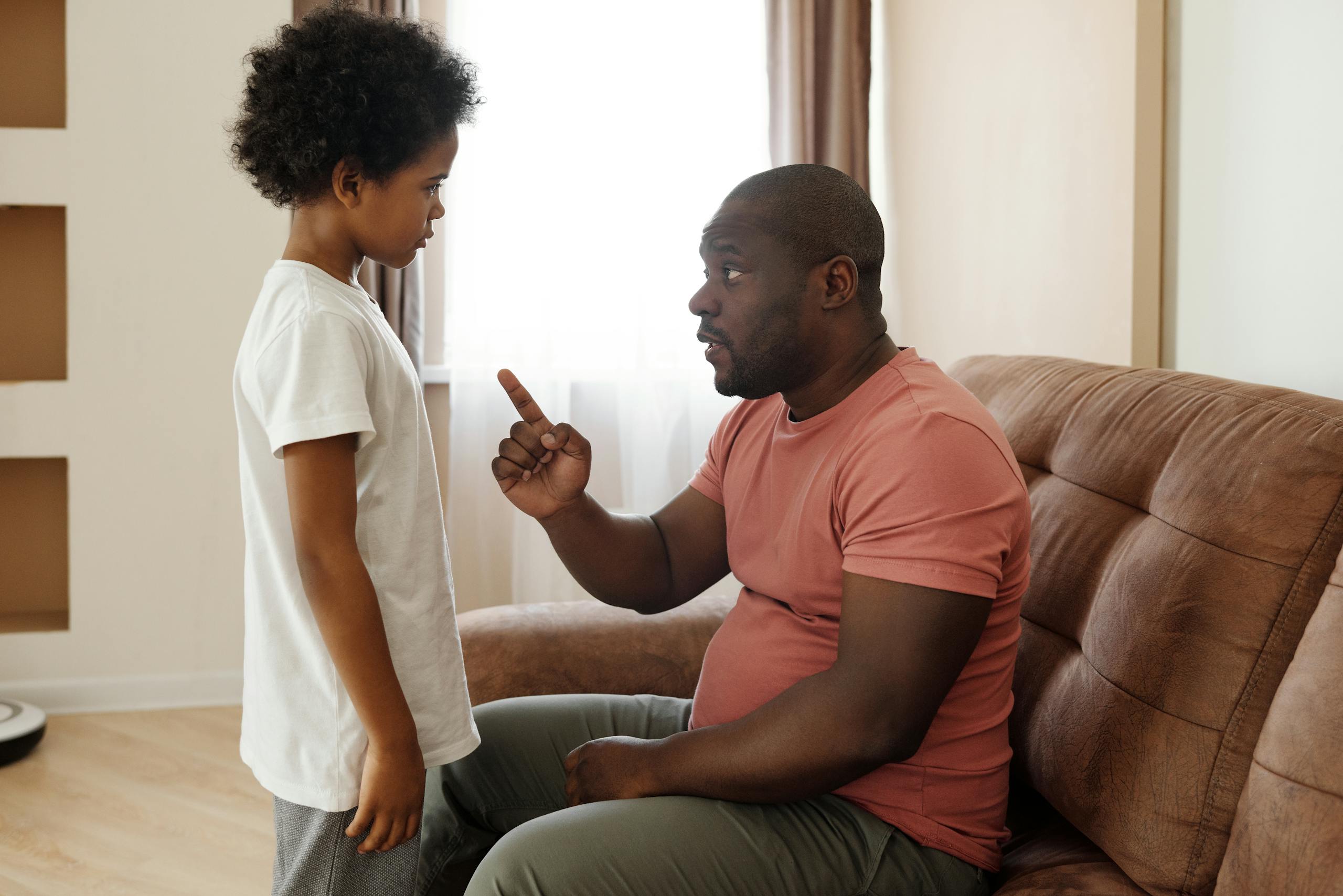Modern Parents Confuse Basic Survival With Abuse, Say Adults Who Survived It
Connor Descend
Mockitor of Smug Advice
Advice Columnist
Older generations recall childhoods filled with actual danger, and claim it gave them grit, trauma, and superior thermostat authority.

A new cultural study released this week confirms what many Gen X and older millennials have long suspected: being left alone with a box of matches, a vague warning, and a casserole that may or may not have defrosted did not kill them. In fact, they claim it made them stronger—if also vaguely twitchy around ceiling fans and wooden spoons.
“I was raised on tap water, latchkey hours, and the knowledge that if I fell off my bike, I’d bleed and be blamed,” said Derek Hollins, 42, a father of three and self-proclaimed expert in unsupervised learning. “Now I see kids wearing helmets in the grocery store. Helmets. For food.”
The report, compiled by the Intergenerational Institute for Shrugged Shoulders, points to a growing tension between those who were raised in the wilds of parental indifference and those who are now being told that gluten is a controlled substance.
“I once ate a crayon on a dare. My mom said, ‘Was it a good color?’ That was the end of it,” said Alicia Grant, 39. “These days if a kid touches a doorknob ungloved, there’s a family group chat about emotional recovery.”
Experts suggest the rise of helicopter parenting is directly tied to social media-fueled performance anxiety. “Modern parenting has become a televised sport,” said Dr. Leila Morane, a child development researcher. “But instead of touchdowns, it’s BPA-free bento boxes and apologies for enforcing bedtime.”
Meanwhile, older parents report feeling emotionally triggered by playgrounds with rubber floors, elementary schools that serve oat milk, and five-year-olds with emotional support planners.
“When I was five, my emotional support was a stick I named ‘Beater,’” said one father at a Little League game, speaking under condition of anonymity. “It taught me boundaries. Mostly physical.”
Some parents defend the modern approach, citing increased safety, mental health awareness, and the fact that their children know what quinoa is. But critics argue the pendulum has swung too far.
“You’re not raising citizens,” one PTA letter read. “You’re building Pinterest interns with anxiety.”
Asked whether his own parenting style differed from his parents, Derek Hollins paused. “Well, I do explain things more,” he said. “But if they mouth off, I just take the Wi-Fi password and tell them I learned toughness from a man who once grounded me with a look. A look.”
The debate is unlikely to end soon, especially as Gen Z begins parenting with a mix of memes, self-diagnosis, and curated toddler content.
But one thing remains certain: somewhere out there is a 10-year-old in knee pads being scolded by a 47-year-old who once biked through traffic holding a lit sparkler—and lived to complain about it.







